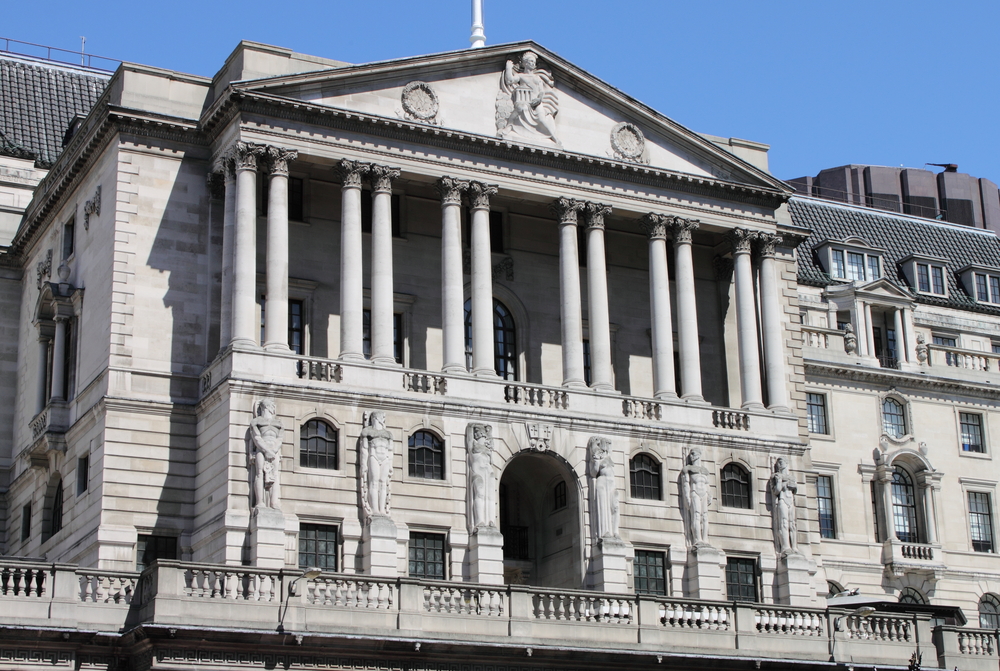News
UK economy to ‘bounce back’ from Covid crisis

The UK economy is set to bounce back this year as the Covid-19 vaccination programme takes effect, the Bank of England has predicted.
Monetary policymakers expect GDP to return to pre-crisis levels in the final quarter of 2021.
The forecast came as the Bank’s Monetary Policy Committee (MPC) held interest rates at 0.1% and maintained current levels of quantitative easing.
In a statement, the bank said: “GDP is projected to recover rapidly towards pre-Covid levels over 2021, as the vaccination programme is assumed to lead to an easing of Covid-related restrictions and people’s health concerns…
“The outlook for the economy remains unusually uncertain. It depends on the evolution of the pandemic, measures taken to protect public health, and how households, businesses and financial markets respond to these developments.
Unemployment is predicted to rise to a peak of 7.8% and inflation to rise above 2% in the second half of next year.
Negative interest rates
The committee appeared to rule out the possibility of negative interest rates within the coming six months, after feedback from firms regulated by the Bank’s Prudential Regulation Authority (PRA) highlighted the operational challenges this would throw up.
However, the MPC agreed to request that the PRA should work with firms to make sure they could be ready for negative rates at any point after six months – but added that this was not a signal that such a policy move was imminent.
Laith Khalaf, financial analyst at AJ Bell, said: “While the bank’s numbers show things are going to get worse before they get better, the pace of the vaccine roll-out does provide cause for optimism.
“Whenever it comes, the gradual lifting of social restrictions will inevitably boost economic activity from a very low base. But after the initial euphoria of a release from lockdown, the bank may have to loosen the taps of monetary policy once again, if it feels economic momentum is slipping.
“Negative interest rates are still not a done deal though. The default position for the bank now is to sit on its hands, unless there is a clear and present need for more monetary stimulus.”
Paul Dales, chief UK economist at Capital Economics, said: “Our forecast for a rapid recovery from the Covid-19 crisis suggests that the bank won’t speed up QE, launch more QE or use negative rates once they become feasible in six months’ time.
“The bank said financial firms aren’t yet ready to cope with negative interest rates, but suggested that they need to be ready ‘at any point after six months’.
“That said, despite the current third Covid-19 lockdown, there were few signs that the bank thought at that point it would need to use negative rates or provide other extra support.”